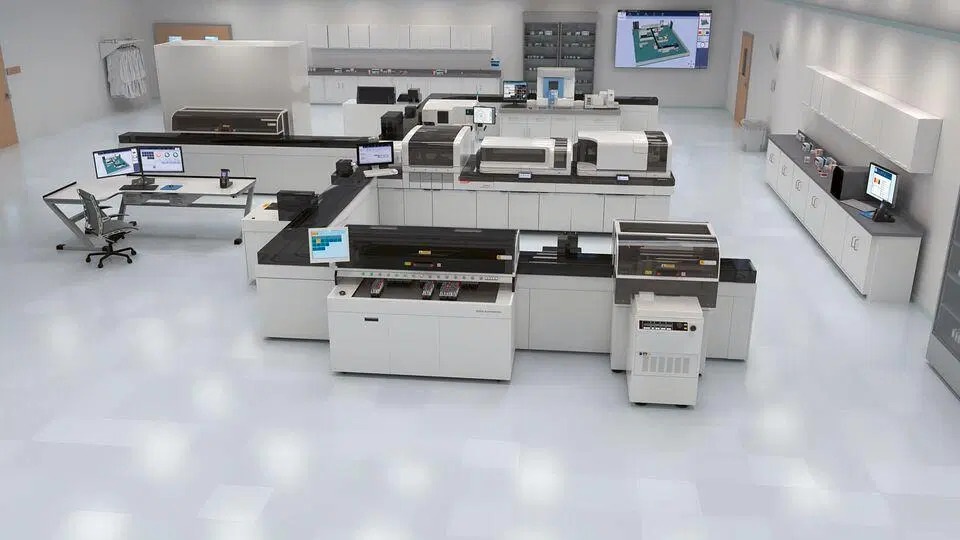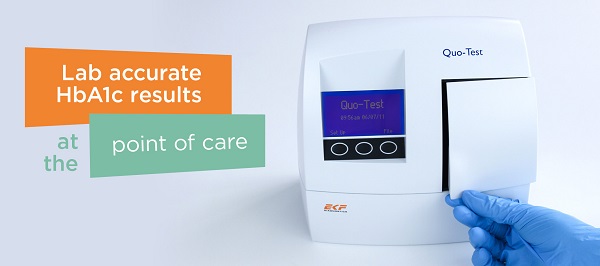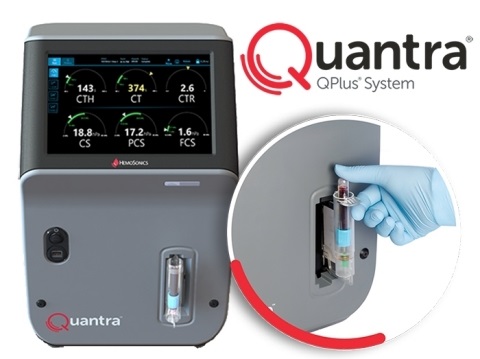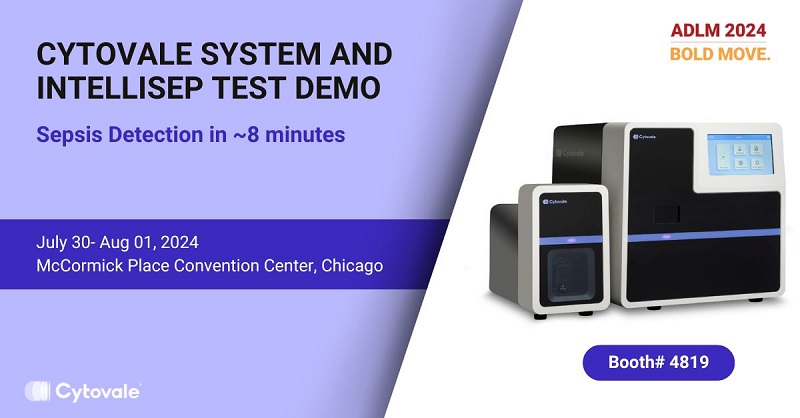Siemens Demonstrates Human-Centered Engineering and Automation for Laboratory Testing
Posted on 30 Jul 2024
At the ADLM 2024 Clinical Lab Expo, Siemens Healthineers (Forchheim, Germany) is demonstrating what’s achievable for laboratory testing with human-centered engineering and automation. The company’s new capabilities bring unmatched automation to laboratories of all sizes. Enhancements to the Atellica Portfolio underscore sustainability, leading workflow efficiency, AI-enabled intelligence, and advanced analytics to turn data into practical clinical insights.
Clinical laboratories face universal challenges to operate more efficiently, process more samples, run more reports, or get more productivity from less staff. This friction detracts from the value laboratory staff can contribute to clinicians and patients. Successful automation addresses the specific needs of each lab while standardizing tasks that safeguard quality and safety. Siemens consolidates 25 tasks directly into the Atellica systems, which are on display at ADLM 2024. Chip, sensors, and lines of code work together to help simplify tasks and minimize hands-on time. In minutes, a single technologist can manage calibration and QC, daily sorting, and archiving processes—tasks that historically may have taken hours—to improve throughput and reduce waste. Atellica Integrated Automation, for example, can reduce end-to-end manual workflow steps by 75% and 65% of samples run on Atellica Sample Handler can see faster turnaround times than competitor systems

Attendees to the meeting can also see how the Atellica Portfolio is supporting wider health system efficiencies. The ability to shift employees from location to location is increasingly important to maintain the required staffing to keep laboratories operational. The industry-leading modular and connectivity options offered by Siemens seamlessly integrate advanced automation into small and mega-labs alike. The Atellica Solution and Atellica CI Analyzer offer a consistent user experience so that entry-level professionals and experienced medical technologists can be ready to process samples anywhere in the network. Health systems also benefit from the analyzers’ cost savings and sustainability—they consume the least water compared to other integrated analytical systems and 98.3% of Atellica Solution materials can be recycled.
Additionally, Siemens is introducing visitors to its booth to FlexLab X, the next-generation total lab automation solution by Inpeco. This next-generation automation system aims to redefine automation excellence by offering enhanced flexibility, ease of use, and efficiency. Siemens offers several decentralized testing solutions that enable timely decision-making and treatment. Informatics, emergency, and critical care solutions such as the epoc Blood Analysis System are available for demonstration. Throughout the show, clinical experts from Siemens are presenting more than 30 scientific posters. Research topics include automation and analytical techniques, cardiac markers, clinical and diagnostic immunology, endocrinology and metabolism, pediatric and maternal-fetal medicine, therapeutic drug monitoring and toxicology, and tumor markers and cancer diagnostics.
"Test results are the red thread that informs care decisions. Patients rely on laboratory scientists’ expertise for fast and reliable results and insights. Standing in the way are burdensome, repetitive manual tasks that take significant time but are critical and that’s where our new automation features play an essential role,” said Sharon Bracken, head of Diagnostics for Siemens Healthineers. “Knowing where to start with automation can be overwhelming, so our goal with human-centered engineering is to simplify, allowing the labs we serve to focus on advancing patient care.”
Related Links:
Siemens Healthineers













